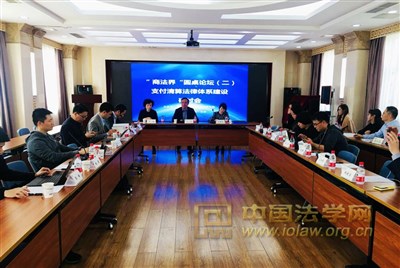
The Second Commercial Law Circle Roundtable: “the Construction of the Legal System of Payment and Clearing”, organized by the Commercial Law Department of CASS Law Institute, was successfully held in Beijing on March 26, 2019. The roundtable was presided over by Professor Chen Jie, Head of the Commercial Law Department of CASS Law Institute, and attended by over a dozen experts and scholars from the Payment and Clearing Association of China, China UnionPay, Beijing Financial Regulatory Bureau, China University of Political Science and Law, Tencent, JD, Baidu, CASS Law Institute and CASS Institute of International Law.
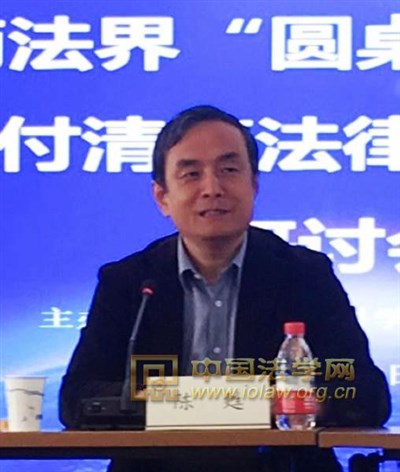
At the opening ceremony, Professor Chen Su, Director of CASS Law Institute, gave a speech on behalf of the organizer of the roundtable, in which he reviewed the CASS Law Institute’s history and its contribution to the development of the rule of law in China, expressed his approval of the choice of the theme and the form of the roundtable, and looked at the prospect of the research on the legal system of payment and clearing in China.
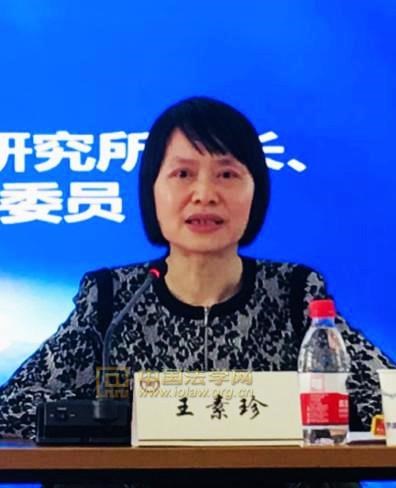
Next, Ms. Wang Suzhen, Deputy Secretary General of the Payment and Clearing Association of China, gave speech in which she thanked the relevant institutions for their support to her association and called on research institutions and experts to strengthen the research on the legal system of payment and clearing and to jointly promote the high-quality development of the payment and clearing undertaking in China.
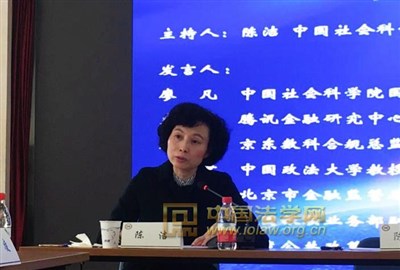
In the following units of the roundtable, the participants gave keynote speeches and carried out discussions on a wide range of issues relating to the theme of the roundtable, including the preliminary results of the research project on the legal system of payment and clearing implemented by CASS Law Institute, the regulations on payment and clearing in China, the regulation of reserve fund, the legal system of payment, the regulation of payment activities, the determination of principles of payment legislation, the functions of payment license, the payment business of Tencent Company, the boundary of government regulation in the field of payment and clearing, the obligations of relevant agencies, the balance of interest, the supervisory framework and the choice of legislative path in the field of payment and clearing.
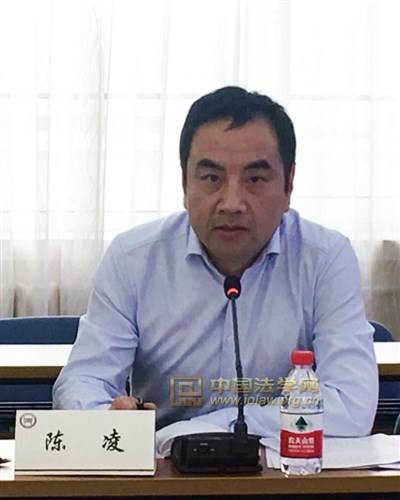
At the end of the roundtable, Mr. Chen Ling, Director of the Department of Protection of Rights and Interests of the Payment and Clearing Association of China, gave a summarization of the roundtable and looked at the prospect of the improvement of related legislation in China.


